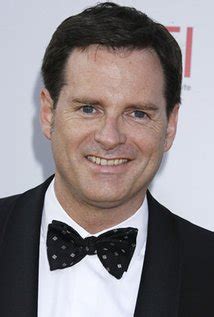A Quote by A. S. Byatt
There is a certain aesthetic pleasure in trying to imagine the unimaginable and failing, if you are a reader.
Related Quotes
I'm not singer; every time I have the urge to sing something, I don't want to do it in front of certain people. I was always that kid afraid of failing, so I just didn't do things. I don't know how to ride a bike, I don't know how to drive. I broke out of shell a bit, and I still am. I think it's more about trying to be the full person I imagine myself to be, regardless of what that means in terms of labels, shade from people, and all of that.
The main reason I decided to study Latin American literature was because I'd gotten somewhat bored by the American fiction I was reading. I am not drawn to a specific style or aesthetic. When I think about literature, I think about it in the three languages I read easily - English, Spanish, and Portuguese. The authors I prefer are all very different and are not limited to certain genres or even certain time periods. Reading across three languages is a way for me to diversify my intake as a reader, not to tunnel into certain categories or demographics.







































